Small-breed dogs are not an exception to the rule that the best things come in small packages. Limited in size to canines averaging 25 pounds or less, small dogs are capable of performing nearly all tasks and activities that large dogs are capable of. In reality, they are also far better lap dogs.
Why should I adopt a small dog?
Small dogs are excellent for a variety of reasons:
including the fact that they often consume less food, are extremely simple to transport, and frequently have longer lives than larger dogs. Small dogs take up less area, need less exercise, and are generally easier to groom and walk. Additionally, many landlords may allow small dogs, which could make it simpler for renters to maintain one.
These pets are excellent cuddlers due to the fact that numerous small dogs are developed to be calm and affectionate companions. Small-breed companion dogs usually want to be with their people at all times, thus they prefer to follow them everywhere (literally). All these puppies want is to be with you.
Disadvantages of adopting a small dog:
- Before adopting a small dog, consider their drawbacks as well.
- Some small dog breeds are good watchdogs (which means they can bark).
- They are clingy, therefore socializing with other people and animals is important.
- Toy breeds can be delicate, thus they may not be ideal for all families and lifestyles.
Remember that just because they’re small doesn’t mean they aren’t dogs; small dogs can be loud, dig, chew, and cause mischief just like any other dog. Sufficient physical activity and early obedience training can effectively prevent these behaviors and promote proper etiquette in your dog.
Here is a list of well-liked and best small dog breeds for those who are considering adopting a new pet. If you prefer larger dog varieties to small ones, consider the following.
Best small dog breeds:
- Chihuahua
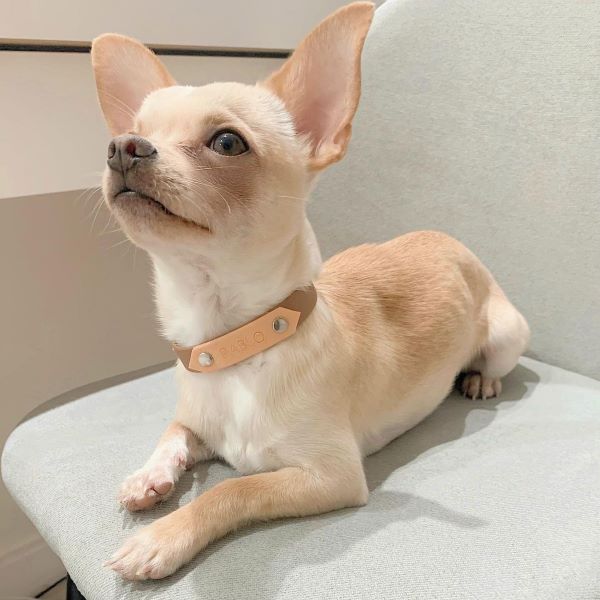
The top candidate for best small dog breed is also the smallest — and possibly the most well-known. This toy dog was called after the Mexican state of Chihuahua, where they originate. Purebred Chihuahuas reach a maximum weight of six pounds and come in a variety of colors. They can be highly loyal to their loved ones and simply fierce with strangers, making them excellent watchdogs. However, constant training as well as regular exercise will greatly benefit a Chihuahua’s personality, so don’t restrict these tiny pets to your lap. They can accomplish so much more.
- Weight: 2 to 7 pounds
- Height: 6 to 9 inches
- A Pomeranian individual:
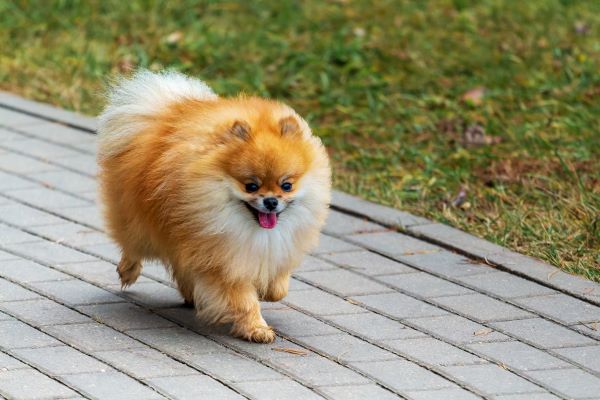
With the physique of a puffball and a face of a miniature bear, this eight-pound dog is an ancestor of the German Spitz. Their appearance is that of an eternal pet. Pomeranian are, similar to many other small dogs and canines, quite vocal. Additionally, due to their delicate nature, they are not suitable as companion animals for inexperienced children. They need the guidance and patience of an experienced handler, especially when it comes to excessive howling.
- Weight: 4 to 6 pounds
- Height: 9 to 11 inches
- Shih Tzu:
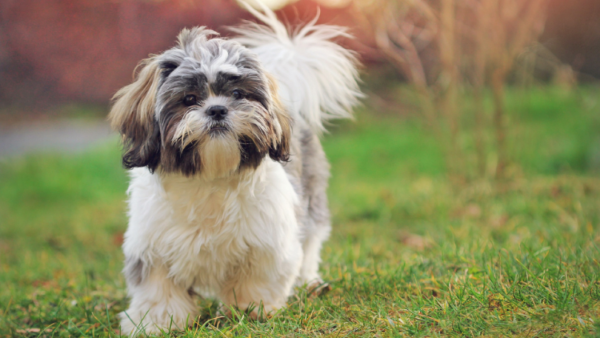
The Shih Tzu is a long-haired puppy that weighs between eight and sixteen pounds and is thought to be a cross between the Pekingese and the Lhasa Apso. Because of their abundance of love and affection, these small dogs are excellent companions and soon become good friends with whomever they meet. Their lengthy, flowing manes require constant care. Shih Tzus might have a serious fear of separation because they were designed to be close buddies, so make sure you have time and attention for these little lovebugs.
- Weight: 8 to 18 pounds
- Height: 9 to 11 inches
- Morkie
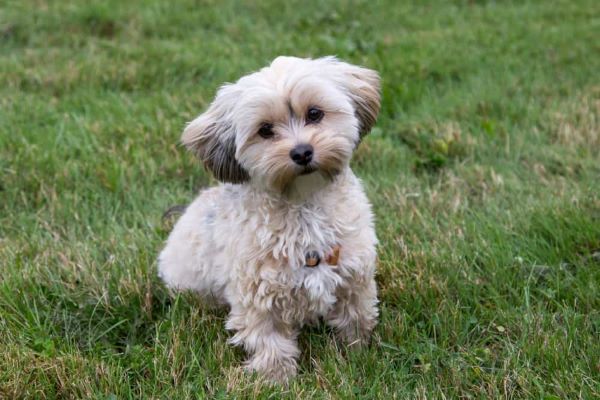
As a hybrid of the Maltese and the Yorkshire Terrier, the Morkie typically weighs about thirteen pounds. These puppies are playful, adorable, and eager to make new friends wherever they go. This little dog breed can be loud and vibrant, but exercise, constant training, and some quiet time to unwind will help. They shed minimally, have low dander, and require fewer haircuts than the ordinary fluffy dog. The Maltese dislikes peeing outside, thus housetraining them could be difficult.
- Weight: 4 to 8 pounds
- Height: 7 to 9 inches
- Pug

The short-nosed Pug weighs 18 pounds and has a small, stocky physique, curled tail, and wrinkled folds on their beautiful face. These little dogs are undoubtedly most recognized for their flat faces, which can regrettably cause a variety of health concerns. Pugs frequently require surgery to enlarge their nostrils for respiratory assistance within the first year of life, and that’s just the beginning of a long list of health issues they come across. They require regular facial cleaning to keep their nostrils open and their eyes clean, as they are prone to corneal ulcers. Pugs are affectionate and lovely companions, however Pug owners may benefit from a mixed-breed that addresses some of these concerns, such as a Puggle.
- Weight: 14 to 18 pounds
- Height: 10 to 12 inches
- Papillon
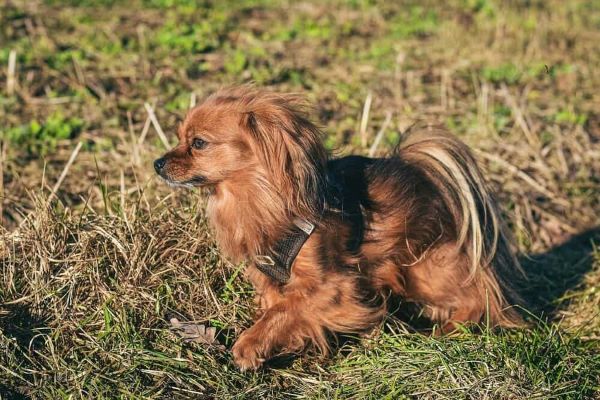
The Papillon is a great tiny dog breed and is the oldest of the toy dog breeds. The name is derived from the French word for butterfly, referring to its big ears that stretch out from its face with several silky tendrils. They only grow to reach approximately 10 pounds, therefore while they get along well with children, they should be observed to avoid damage. These small dogs are intelligent and easy to train, making them ideal for dog sports like agility, rally, and freestyle movement.
- Weight: 5 to 10 pounds
- Height: 8 to 11 inches
- Beagle
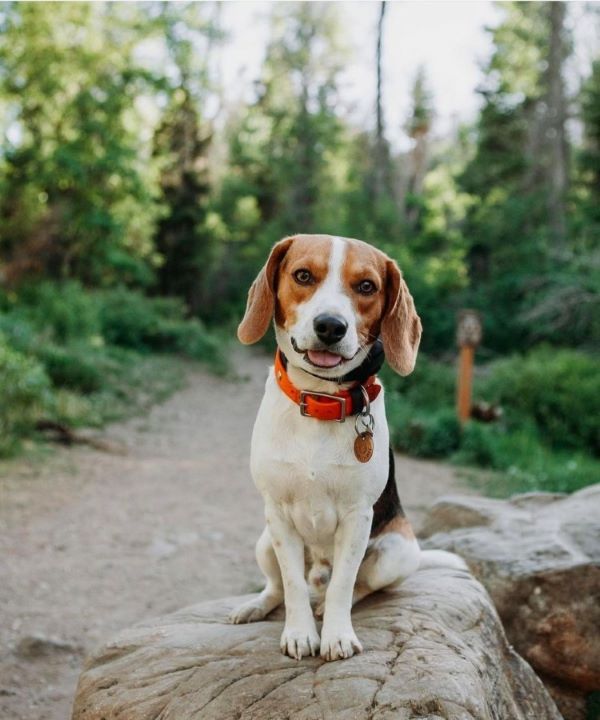
Although it weighs just around 25 pounds, the Beagle resembles a Foxhound and is a scent dog. They’re affectionate and low-maintenance dogs, ideal for tiny homes. They are difficult to teach, however, since they were bred to be a high-energy hunting breeds. Additionally, they shed heavily during the shedding season; thus, be prepared with a brush and vacuum. They grow in the company of others and, if left alone for too long, will engage in destructive behavior.
- Weight: 18 to 30 pounds
- Height: 13 to 16 inches
- Miniature Toy Poodle
The Miniature Poodle is a small dog breed that typically weighs about 17 pounds, though there is a wide range of sizes among Poodles. These dogs are ideal pets as they are energetic and full of life. People with moderate dog allergies should consider them a suitable option due to the hypoallergenic nature of their curly coats. However, maintaining that coat can be an enjoyable activity for pet guardians who enjoy giving their Miniature a classic Poodle appearance. However, due to their sensitivity, they make the most of a structured family.
- Weight: 10 to 18 pounds
- Height: 11 to 15 inches
- Bichon Frise
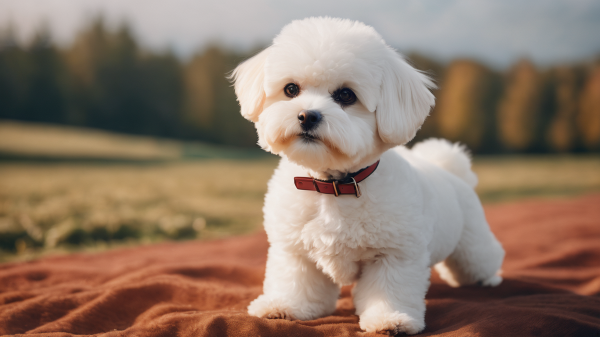
A puffy white coat and a lively personality characterize this former circus canine. Bichon Frise were dominant in human companionship and affection, and were constantly eager for a good hug.
- Weight: 7 to 13 pounds
- Height: 9 to 12 inches
- French Bulldogs
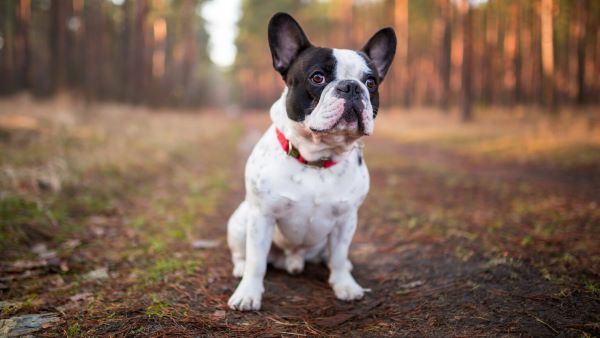
The French Bulldog has been named America’s most popular dog by this flat-faced type is strong and athletic, making it a great partner for a variety of activities.
- Weight: 19 to 28 pounds
- Height: 11 to 13 inches
FAQ on best small dog breeds
Does small dog breeds require exercise?
Every dog, especially little breeds, requires daily walks. Just because they are small doesn’t mean that they will be happy to be cooped up in their house all day. Most small breed dogs were bred as working dogs, so they require no less than two walks every day and might still have some power to spare. Even dogs meant for companionship require regular exercise, play, and mental exercise to keep them from becoming bored and naughty. Dogs without proper exercise might develop health issues such as muscular, cardiovascular, or metabolic illnesses, and behavioural problems that are indications of anger and increased irritability.
What health issues do small dog breeds face?
While small dog breeds are usually considered to be as fit as their larger breed counterparts, there are several health issues that small dogs may be exposed to, including:
- Body Temperature
Small dogs can face particular health concerns, most notably difficulty maintaining body temperature. You’ve probably observed that many small-breed dogs shake; this could be due to the cold. Small dog pet owners must ensure that their canine is not overly hot or chilly. Perhaps this is simply a good excuse to buy cute little clothes? - Eye injury.
Small dog breeds with short snouts and broad eyes, such the Boston Terrier, Shih Tzu, etc are more prone to eye injuries and corneal ulcers.
What dog breeds stay small?
Affenpinscher, Yorkie, Miniature Pinscher, Chinese Crested, Japanese Chin, Brussels Griffon, Norfolk Terrier, and Silky Terrier are some other tiny dog breeds to consider.
Also read: Why cats are the best pets: 6 perfectly validated reasons
Where can I adopt a small breed dog?
The simplest approach to adopt a tiny breed dog is to go through a small dog rescue organization. Begin your search on Adopt a Pet to see all of the available small-breed dogs in your region.
